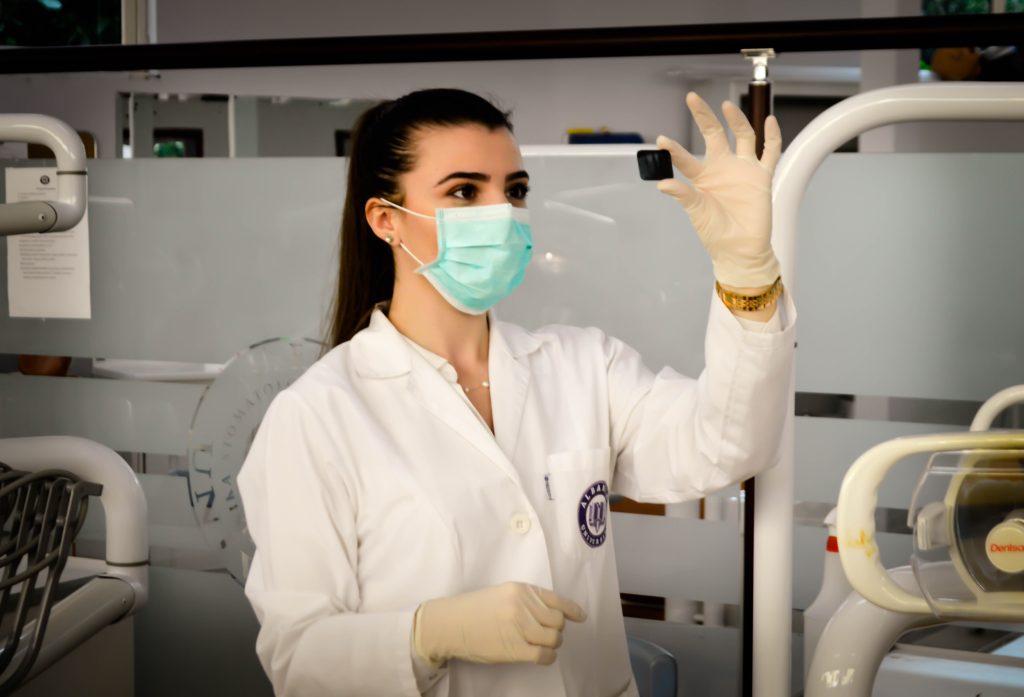A landmark event was held in Westminster at the end of last year to discuss the current challenges and explore the ways forward for the health sector, focusing on the migration of key workers from India to the UK.
This evening witnessed a convergence of influential figures from the Indian government, senior UK healthcare officials, and third-party partners of the Indian government, including TERN Group, Global Nurse Force, Ajinorah, and the Association of Healthcare Providers (India) AHPI.
This unique gathering aimed to foster collaboration, share insights, and explore solutions to not only meet the critical skills gap and labour shortage in the NHS but also to improve the experience of key worker migrants.
Key Discussions and Highlights:
Responding to the critical labour shortage
Responding to the significant labour shortage of 40,000 nurses in the NHS, Dr. Kaura, senior advisor to the Indian government, emphasised the vast potential of India to provide nurses from various states. The current focus on one state, Kerala, is set to expand as the Indian government works towards creating channels for nurses from multiple states to find opportunities in the UK.
Hadrien Kieffer, Director, NHS Professionals added that the importance of nurses with diverse specialisations is also critical in order to meet current demands. This would include the need to recruit Mental Health Nurses, Community Nurses, Specialist Nurses in shortage areas, Allied Health Professionals and Midwives. This move was applauded by NHS officials, who expressed a keen interest in increasing capacity by increasing the diversity of skills and locations among nurses.
Combating Unethical Practices
Discussions also looked at unethical practices of those who facilitate the migration of these workers, with concerns raised about activities which border on human trafficking in many cases. The urgent need for genuine channels for nurses and caregivers to transition to the UK, without excessive charges or exploitation, was a focal point of the event. The need for accent and cultural training was also highlighted, recognising the challenges nurses faced during the transition. Consequently, it is paramount that workers are provided with the skills necessary to thrive in the UK before they depart.
Moreover, to combat the exploitation, a fully end-to-end transparent framework is needed to protect workers and speed up the hiring process with relevant appointments.
Technology’s Role in Transformation
Lee Williams, Associate Director – Workforce & Staffing at NHS, provided a comprehensive overview of the challenges faced by the NHS, outlining the staffing shortages and the fears around exploitation and emphasised the role of technology in overcoming these hurdles. In response, Mathew Fujisawa, Global BD Head & SVP at Kry Health & Benevolent AI, shared insights into the healthcare sector in Europe and the US, emphasising the transformative potential of technology.
Avinav Nigam, founder of TERN Group, spoke passionately about being inspired by the accounts of people who have suffered in this process. As a consequence, providing a solution to help the plight of migrant healthcare workers through a transparent and efficient platform has been the foundational mission for TERN Group. Through this direct sourcing of talent, technology can help revolutionise the category.
Conclusion
The Westminster event represents a significant step toward addressing critical issues in healthcare worker migration. The partnership among the Indian government, the NHS, prominent UK officials, and technology solution partners, such as TERN Group, signifies a hugely encouraging shift towards establishing a sustainable and diverse healthcare workforce. Emphasising technology’s role in fostering transparency, collaboration, and efficiency is recognised as a key element in aiding the NHS to realise its objectives
Featured Photo by Ani Kolleshi on Unsplash.



